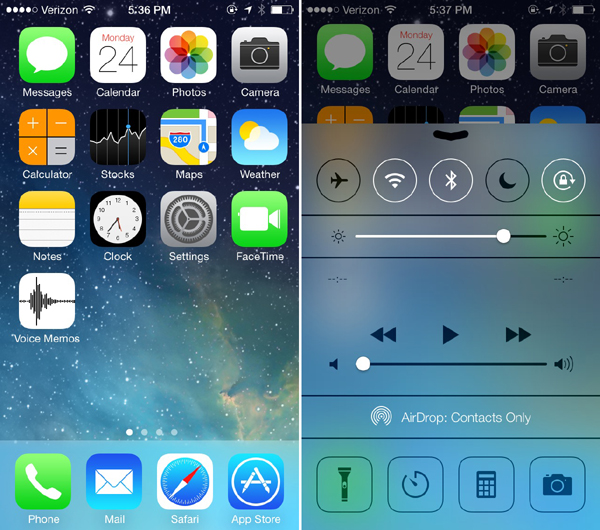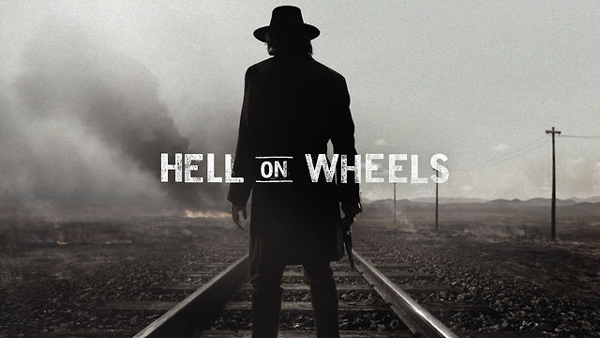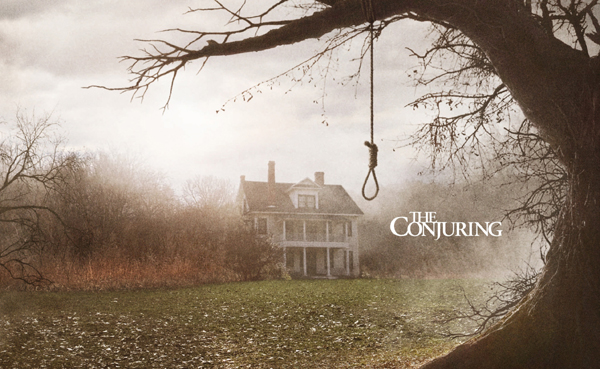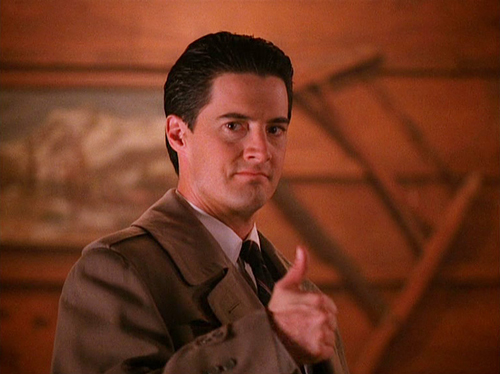I am sorry, I hate hitting on political talking points but there is so much misunderstanding and misinformation about the law that I had to get a few words in about the Zimmerman trial. As an added point, I detest the issue of race being used ignorantly and blindly where it has no place.
So I’ll start out for the record as saying that I support the verdict of the Zimmerman trial. None of us truly know what happened but with the amount of evidence available I believe justice was served. Remember, it is better to set a guilty man free than send an innocent man to jail – it is the basis of our legal system. That said, I don’t think Zimmerman broke the law.
On Race
There’s no proof that Zimmerman was racist. In fact, despite wanting to be a police officer, he spoke out against the department’s cover up of the beating of a black homeless man.
On the other hand, while I’m not accusing Martin of being a thug, the prosecution’s star witness said he called Zimmerman a cracker. So if there’s any proof of racism here, it’s against Martin.
But to the real point – was Zimmerman racist? The answer is: it doesn’t matter. We live in a free country and people are allowed to be racist if they want to be. What the law boils down to is criminal activity and Zimmerman’s actions may have been unwise but they were not illegal. Martin’s attack on Zimmerman, however, was.
On Thuggery
Many want to testify to the character of Martin one way or the other, either as an indication of his fault or his innocence. While some of his history may have been relevant in order to make certain assumptions about his character and his likely intentions, again, the truth is: it doesn’t matter.
Martin’s actions that day are all that matter. While the incident wasn’t well documented, all available evidence leads to the presumption that Martin engaged in violence first, which was the only illegal act. Whatever Martin may have tweeted about before is irrelevant, and in fact, I am not in the camp that thinks he was ‘looking for trouble’. I believe he was just a teenager returning ‘home’ from the store after getting some candy. What happened was surely a tragedy but Martin was to blame.
On Martin’s Size
Many use Martin’s ‘small size’ as ammunition to present Zimmerman as clearly taking advantage of the situation. Sorry, I don’t buy it. I am a grown man, on the skinny side but I work out and am in shape, and I weigh the same as Martin. 158 pounds is plenty big enough to cause damage. I understand that Zimmerman is heavier but that is much less of an advantage when you are on the ground being pounded in the face.
On Stand Your Ground
Anyone citing this tragedy as proof that Florida’s Stand Your Ground law doesn’t work either a) is grossly misinformed, or b) has a political agenda. This is because Zimmerman never invoked the Stand Your Ground law. That’s right, this case had nothing to do with Florida’s special protections and the two should not be mentioned together.
Instead, this was a case of simple self defense. Zimmerman may have unwittingly incited Martin into violence, but what happened before is hardly relevant. The case answers the simple question: when someone is on top of you potentially beating you to death, self defense is a valid option.
On Fault
Anyone angry with the Zimmerman verdict will say that he was an adult and should be blamed for his actions, which range from harassment to stalking to racism to forcing a violent confrontation. This is all completely irrelevant, because while I would have done things differently if I was Zimmerman, he did not do anything criminal. People are afforded many freedoms in this country and profiling someone, following them, and asking what they are doing are not illegal actions. They may be ignorant, racist, ill-advised, etc. but they are not law-breaking offenses.
For the sake of argument, even is Martin was a choirboy and Zimmerman called him a nigger, the escalation to combat was wrong. Even if Martin felt unfairly harassed he should not have responded the way he did. It all comes down to the simplest of lessons we learn as children: it is wrong to solve your problems with violence.
In Closing
While I am not black, I was young, and I can relate this to some of my personal experiences. Do you know how many times as a teenager I had adults treat me like a punk kid up to no good? Or had the employees in 7-11 follow me to make sure I wasn’t stealing candy? It wasn’t uncommon. And do you know how many of those times I responded by punching the adult in the face, knocking them down, and beating them? Never. And, sorry if it makes light of the matter, but that’s probably why I’ve never been shot at either.



 There has been so much happening in the world of Nine Inch Nails lately that it was maddening trying to predict what the next album would bring. My biggest hope was that fans wouldn’t be given another
There has been so much happening in the world of Nine Inch Nails lately that it was maddening trying to predict what the next album would bring. My biggest hope was that fans wouldn’t be given another 







